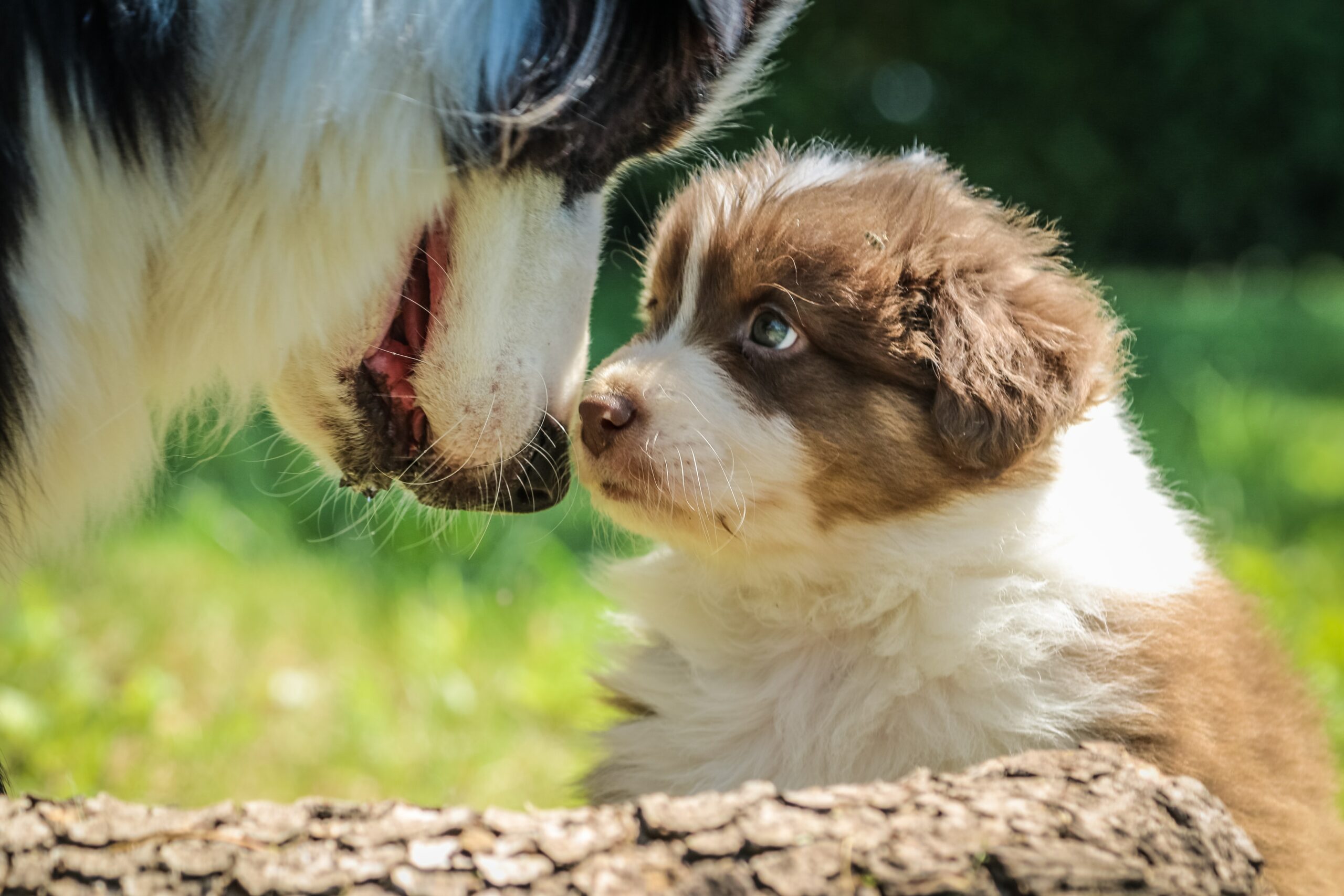
Functional Dog Collaborative
There are no institutions or clubs providing support for people intentionally breeding mixed-breed dogs. Yet these dogs are serving important roles as pets, sport dogs, and working dogs.
The Functional Dog Collaborative will provide support to help breeders of both intentional crosses and purebreds be the best breeders they can be.
Support our cause